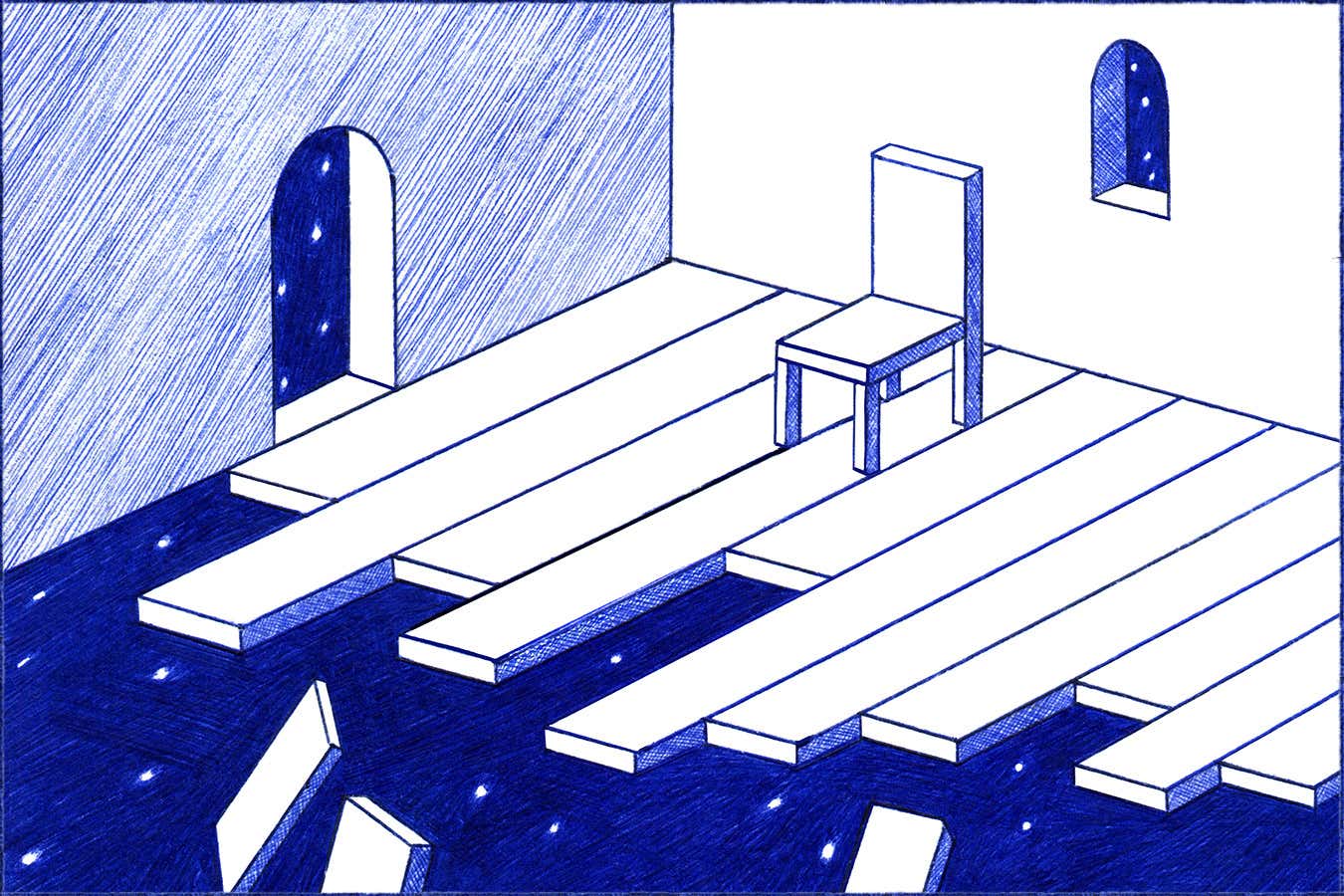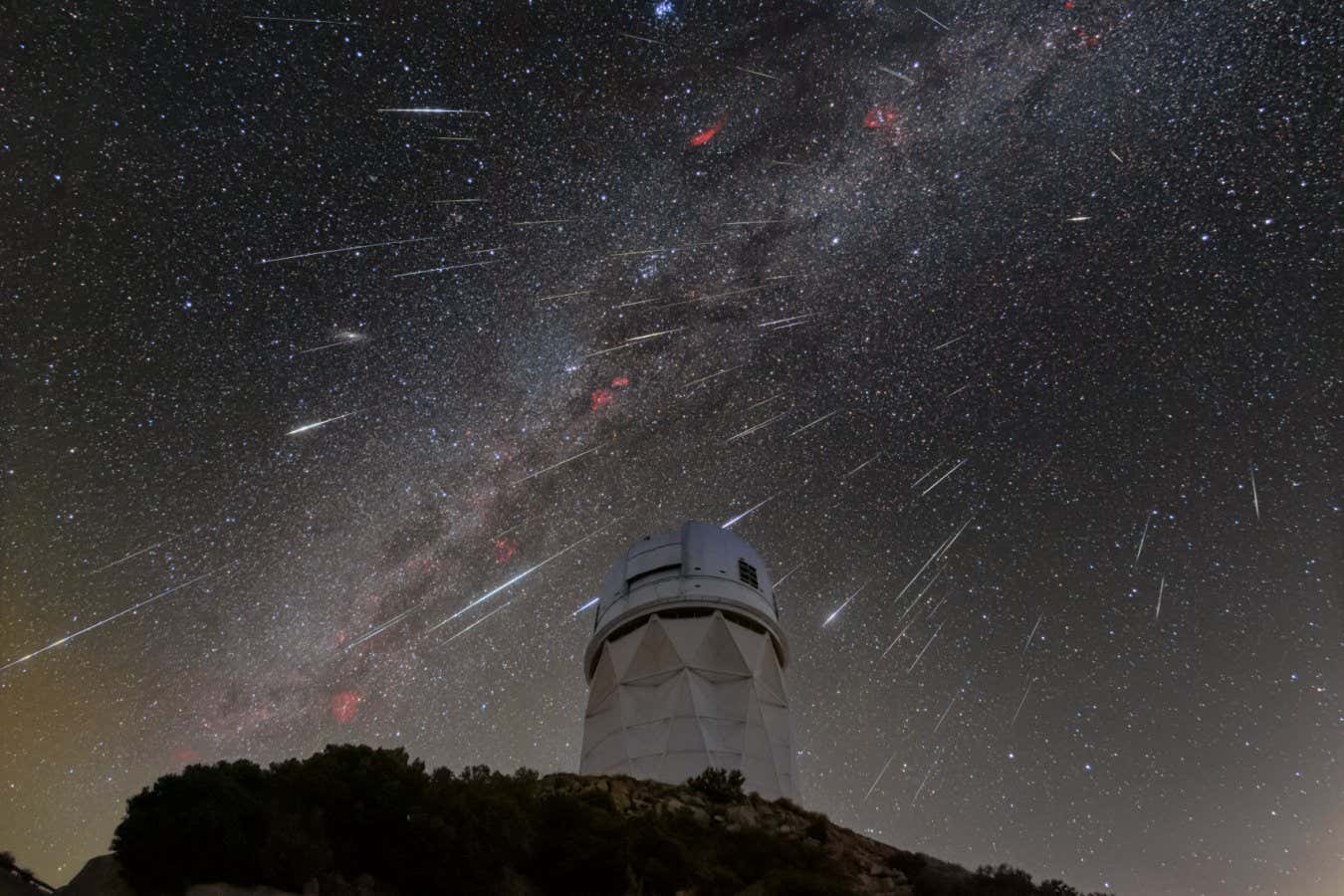Kevin Lucbert
Billions, perhaps trillions, of years from now, long after the sun has engulfed Earth, cosmologists expect the universe will end. Some wrestle with whether it is more likely to collapse under its weight in a big crunch or keep on expanding forever into an infinitely empty big freeze. Others reckon our cosmic endgame will be decided by a mysterious kind of energy that shatters the universe in a big rip.
But there is a more immediate cataclysm that may already be barrelling towards us at the speed of light: they call it the big slurp.
The slurp in question starts with a quantum fluctuation that sets a bubble rolling across the universe like a cosmic tidal wave, obliterating everything in its path. We should take this possibility seriously, says John Ellis at King’s College London. In fact, it is less a matter of if this apocalypse will play out, but when. “It could happen while we’re talking,” he says.
Theorists like Ellis are actually surprised that such a catastrophe hasn’t already occurred in the observable universe. But rather than taking our precarious existence for granted, they are using the plain fact we are still here as a tool. The thinking is that there could be some exotic physics preserving us.
This kind of existential cosmology is even helping physicists filter through their myriad models of the universe, and could tell us how the cosmos began in the first place. “You may need something that stabilises [the universe], and it could be a new physics,” says Arttu Rajantie…



